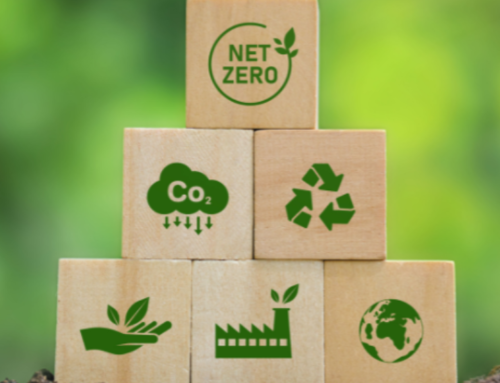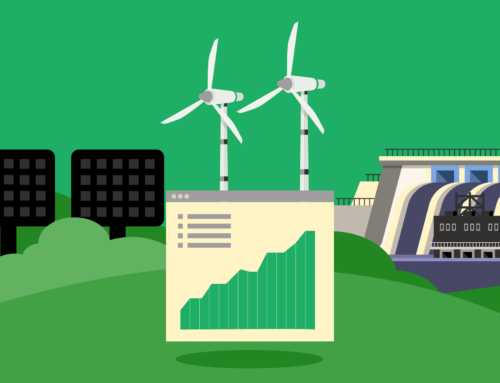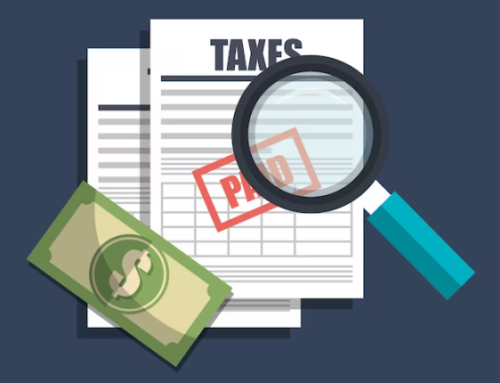Based on the cooperation framework with the World Bank, Quang Nam province has been selected by the government as a pilot project for carbon credit trading. The goal of this project is to reduce greenhouse gas emissions through afforestation projects. With the current price for each carbon credit, Quang Nam province is expected to earn revenue of up to 130 billion VND/year.
A clear legal framework is essential for the development of a carbon credit trading market in Vietnam. This framework will need to address a number of key issues, such as the definition of carbon as a tradable commodity, carbon ownership, and the regulations governing the different stages of the carbon credit trading process. These challenges will need to be addressed in order to unlock the full potential of carbon credit trading in Vietnam. A well-functioning carbon credit trading market could play a significant role in helping Vietnam achieve its goal of net zero emissions by 2050.
(Quang Nam can earn 130 billion VND each year if the legal corridor for selling carbon credits is complete (Photo: Cong Binh).)
The cooperation project with the World Bank has resulted in significant investments in green projects in Vietnam, contributing to emission reduction efforts. While the project has generated substantial revenue (over VND1,200 billion), its primary focus has been on environmental sustainability rather than solely maximizing market returns. While numerous businesses have engaged in carbon credit transactions and over 100 projects have been implemented, comprehensive data on the financial outcomes of these activities is currently limited.
Vietnam possesses significant potential to become a major player in the global carbon credit market, leveraging its strengths in renewable energy sources such as hydropower, wind, solar, and biomass. To effectively capitalize on this potential, a robust legal and regulatory framework is necessary. This framework will facilitate the conversion of carbon reduction projects into tradable commodities, stimulate investments in the carbon credit market, and ultimately contribute to Vietnam’s goal of achieving net-zero emissions by 2050.
The development of a robust legal framework for carbon credit trading requires addressing several key areas:
- Clear Definition of Carbon: According to Clause 16, Article 2, Law on Forestry 2017 (National Assemble) “”forest product” means a product that is utilized from the forest including forest plants, animals and other forest organisms consisting of timbers, non-timber forest products, rattan, and bamboo products after being processed.” The current legal framework may not adequately define carbon as a tradable commodity. This necessitates a clarification of how carbon absorbed and stored in forests, or carbon generated from green energy sources, will be legally recognized for trading purposes.
- Establishment of Clear Ownership Rights: A clear system for establishing carbon ownership is crucial to prevent disputes among project developers and ensure the smooth functioning of the carbon credit market. This may involve defining ownership rights for different types of carbon sources, such as natural forests managed by communities and planted forests managed by investors.
- Standardization of the Trading Process: The carbon credit trading process involves multiple stages, from project development and verification to issuance and trading. Establishing clear and standardized regulations for each stage is essential to streamline the process, reduce administrative burdens, and facilitate the integration of domestic and international markets.
Timely resolution of these key issues is critical for the successful development of a vibrant carbon credit market in Vietnam. This market will play a crucial role in driving investments in low-carbon technologies and contributing to the nation’s broader economic and environmental sustainability goals. The planned pilot program in 2025 and full operationalization in 2028 are expected to mark a significant step towards integrating carbon credit trading into the national development agenda.
References
Dan Tri News Website,. (2024). Có thể thu về trăm tỷ đồng từ tín chỉ carbon, vì sao Quảng Nam chưa bán? | Báo Dân trí (dantri.com.vn)
Phap Ly News Website,. (2024). Nghiên cứu 2 đạo luật và qui định mới của EU: Đề xuất sớm xây dựng khung pháp lý về tiêu chí xanh, giúp doanh nghiệp Việt thích ứng (phaply.net.vn)
Thu Vien Phap Luạt Website,. (2017). Clause 16, Article 2, Law on Forestry 2017 (National Assemble). https://thuvienphapluat.vn/van-ban/EN/Tai-nguyen-Moi-truong/Law-16-2017-QH14-on-forestry/375845/tieng-anh.aspx






